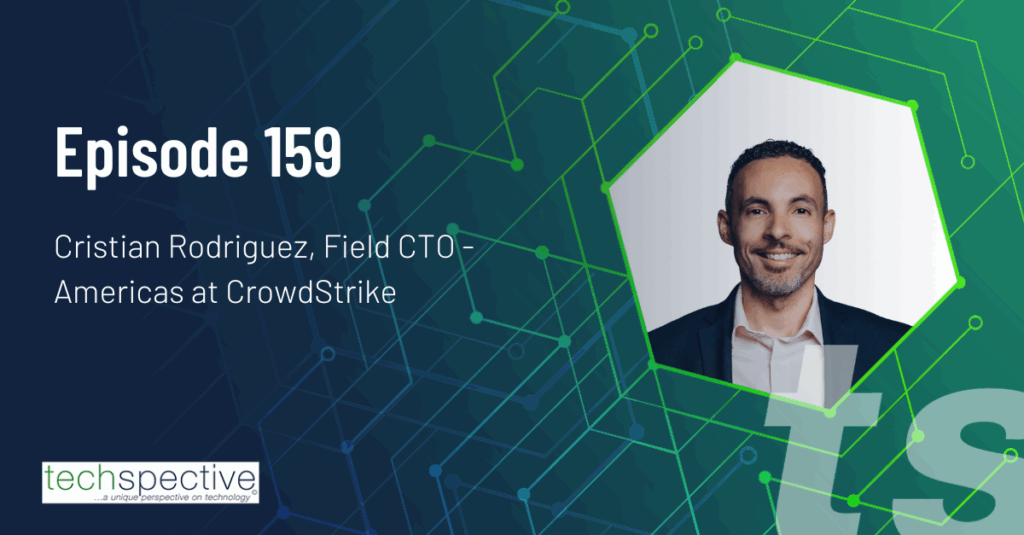It is safe to say that generative AI (GenAI) has thus far been the hottest technology of 2023. That is apparent in both the boom in specialty startups claiming special GenAI knowledge and skills and the rising valuation of public corporations with well-defined positions in AI-related and driven markets.
But at the same time, there is a growing divide between what might be called general purpose GenAI—platforms like ChatGPT that, despite their hype, are still under development—and practical solutions that can deliver significant, measurable benefits to businesses and other organizations today. For companies interested in those latter offerings, primary concerns include how they can adopt, develop, deploy and profit from secure GenAI technologies.
The new solutions and services recently announced by Dell Technologies offer a blueprint for how enterprises can pursue and achieve those goals.
Generative AI – Avoiding problems while gaining benefits
Before diving into Dell’s new solutions and services, what potential challenges do organizations face with GenAI, and how can they address and overcome those issues?
First, consider some of the problems that plague ChatGPT. While the platform reportedly has over 100M active monthly users, it has suffered security issues and been criticized for using text and image data for training that it scrapes from public websites without asking permission. In addition, despite significant investment and effort, ChatGPT’s owner, OpenAI, acknowledges that the platform still generates incorrect answers to the point of “hallucinating” narratives that contain obvious falsehoods.
Plus, since ChatGPT is trained with publicly available information, it contains the authors’ mistakes and biases, including sexism and racism. Any of these points would dissuade most organizations from seriously considering or adopting a generative AI solution based solely on ChatGPT, but what points should companies consider when assessing the value of GenAI?
A couple of points come to mind. First, the challenges facing ChatGPT and other general-purpose solutions should come as no surprise. We are still in the early days of Gen AI adoption, where appetites for ingenuity and success are voracious. Plus, public debate around ethics and other standards related to this young technology has just begun.
Keeping this in mind, organizations should work with trusted vendors that have both effective technologies and deep experience in GenAI. In addition, those vendors typically have or have access to validated GenAI reference architectures and training solutions, such as Large Language Models (LLMs) that have been pre-trained and proven to be effective.
Finally, pre-trained LLMs can help speed and reduce the costs related to inferencing—actually putting the GenAI solution to work—and can also be fine-tuned with task-specific data to support specific business applications, processes, and use cases.
By working with vendors that provide these and other offerings, enterprises can help ensure the success of their GenAI deployments and strategies.
Dell’s new GenAI solutions and services
How is Dell Technologies approaching GenAI, and how do the company’s new solutions and services further that strategy?
First, Dell noted that its latest offerings are a result of Project Helix, the joint initiative the company and NVIDIA announced in May. In essence, Project Helix aims to make it easier for enterprises to build and use generative AI models. Not surprisingly, the new solutions incorporate IT infrastructure and PC solutions specifically designed to support GenAI workloads. These include:
· Dell Validated Design for Generative AI with NVIDIA is an inferencing blueprint jointly engineered with NVIDIA to speed modular, secure, and scalable platforms for GenAI deployments. These solutions include Dell PowerEdge XE9680 or PowerEdge R760xa servers with a choice of NVIDIA Tensor Core GPUs, NVIDIA AI Enterprise software, the NVIDIA NeMo end-to-end framework, and Dell software. Customers can combine these systems with unstructured data storage solutions, including Dell PowerScale and Dell ECS storage. Infrastructure solutions are also available via Dell APEX, offering customers an on-premises deployment that features a cloud consumption model and management experience.
· Dell Precision workstations that include up to four NVIDIA RTX 6000 Ada Generation GPUs that are designed to help AI developers and data scientists develop and fine-tune GenAI models locally before deploying them at scale. According to the company, these new Precision solutions can run AI software frameworks 80% faster than the previous gen solutions.
· Dell Optimizer is built-in AI software that learns and responds to how people work and can help improve performance across applications, network connectivity, and audio. The new version allows mobile workstation users who leverage GenAI models to enhance application performance while minimizing impact to battery runtime.
· Dell Professional Services for GenAI adoption include working with customers to identify high-value use cases and create roadmaps to achieve their goals. The company also offers full-stack implementation services and adoption services that apply the Dell Validated Design for GenAI with NVIDIA to specific use cases, such as customer operations or content creation. Once integrated into the business, Dell’s scaling services can help clients improve IT operations through managed services, training or resident experts.
The new Dell GenAI solutions and services are currently available or will be by the end of August. In addition, the company is working closely with partners to develop innovative new GenAI offerings, like the cloud-based LLM and inference solutions it <href=”#/filter-on/Country:en-us”>recently announced with Denvr Dataworks.
Final analysis
So, what are we to make of the new Dell and NVIDIA solutions and services? First and foremost, these offerings emphasize meeting the needs of enterprise customers rather than focusing on or hyping GenAI technologies. That is a crucial point since much of the continuing buzz around GenAI is partially or decidedly empty at its core.
I agree with Dell COO and vice chairman Jeff Clarke, who believes there is a bright future for GenAI in business and compared it to previous revolutionary technologies, including personal computers and server virtualization, that ushered in another “transformative era with boundless potential.”
However, getting from here to there will not be simple. As Clarke also noted, “Navigating the technology options … how to integrate GenAI into existing IT environments or deploying a new edge AI solution can be very complex.” That core complexity can give pause to even enthusiastic and deep-pocketed enterprises, especially those that have participated in earlier technology “revolutions” that failed to deliver on lofty promises.
For those reasons, Dell’s focus on developing and delivering proven, validated solutions that make GenAI simple and cost-effective seems spot-on. In addition, providing services that help enterprises develop workable GenAI strategies and identify processes and use cases that can profit from those technologies should further ease GenAI adoption and help clients achieve their goals.
Overall, Dell Technologies’ new solutions and services appear well-positioned for success and should help the company’s customers gain the full benefits of the GenAI revolution.
- Dell Concept Luna – Inspiring Sustainable Innovations with Circular Design - December 21, 2023
- AI Alliance: IBM, Meta, Dell and 50+ Founding Partners Pursue Open, Transparent and Safe AI Innovation - December 13, 2023
- Dell Technologies: Creative Partnering = GenAI Innovation - November 30, 2023




Comments are closed.